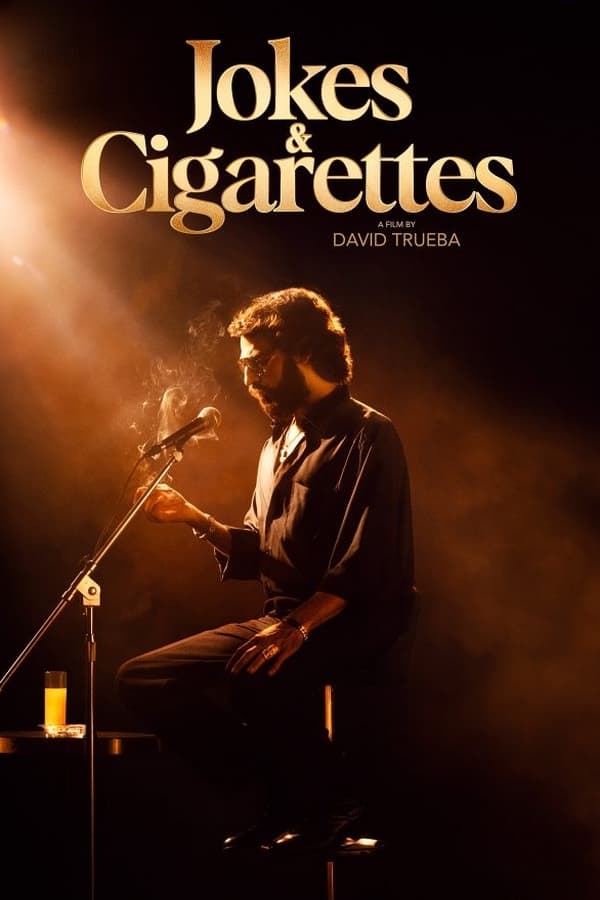
Barcelona, Spain, in the late sixties. Eugenio, a young jeweler who has fallen in love with Conchita, a singer, to the point of learning to play the guitar to accompany her in her performances, will first have to learn to overcome his stage fright.
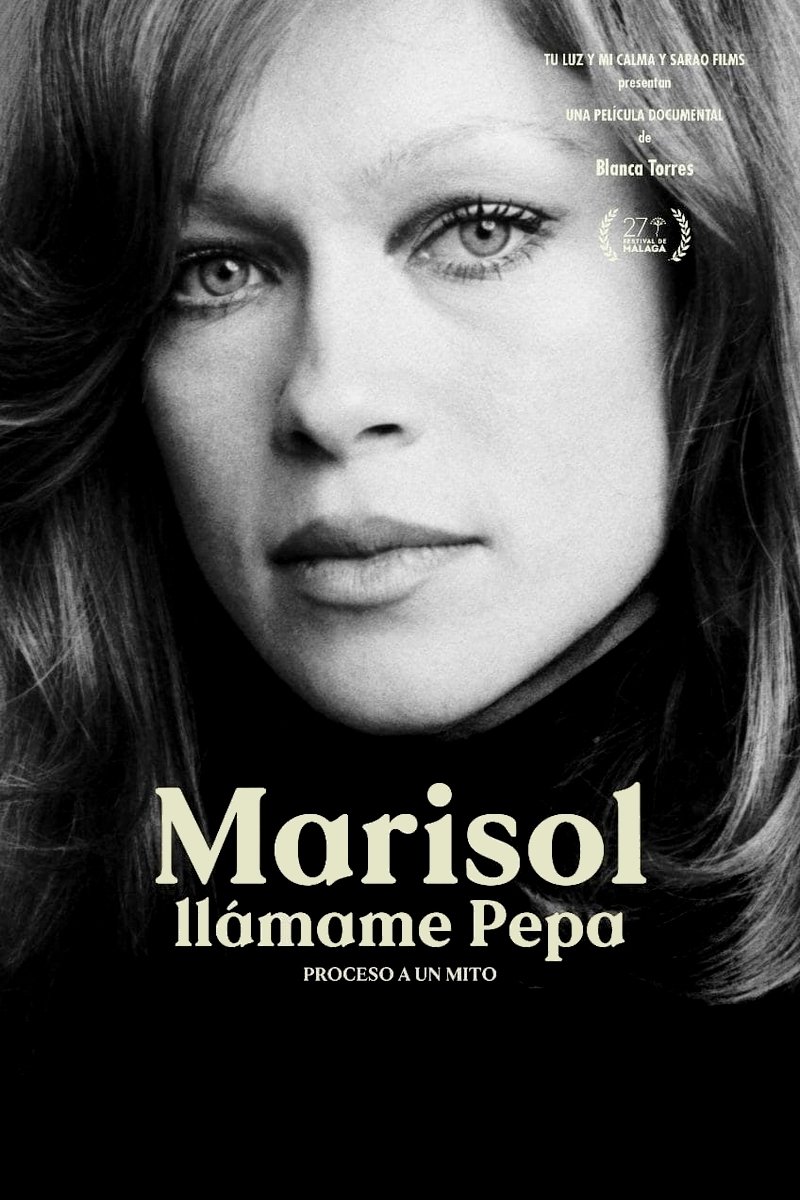
A portrait of the actress and singer Pepa Flores, an incarnation of the recent history of Spain, who, in just twenty-five years of intense career, went from being Marisol, child prodigy of the Franco dictatorship, to being one of the first communist militants, icon of the Transition; an idol of the masses who became a discreet person after having claimed her right to remain silent.
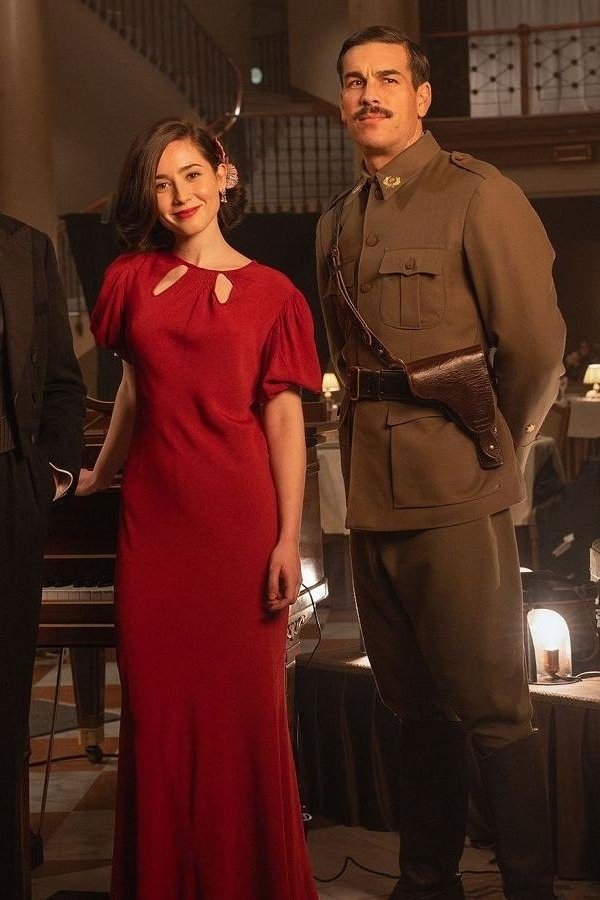
Spain, April 15, 1939. With the Civil War concluded, and with the intention of celebrating his victory, General Franco attends a dinner with his generals at the Palace Hotel.
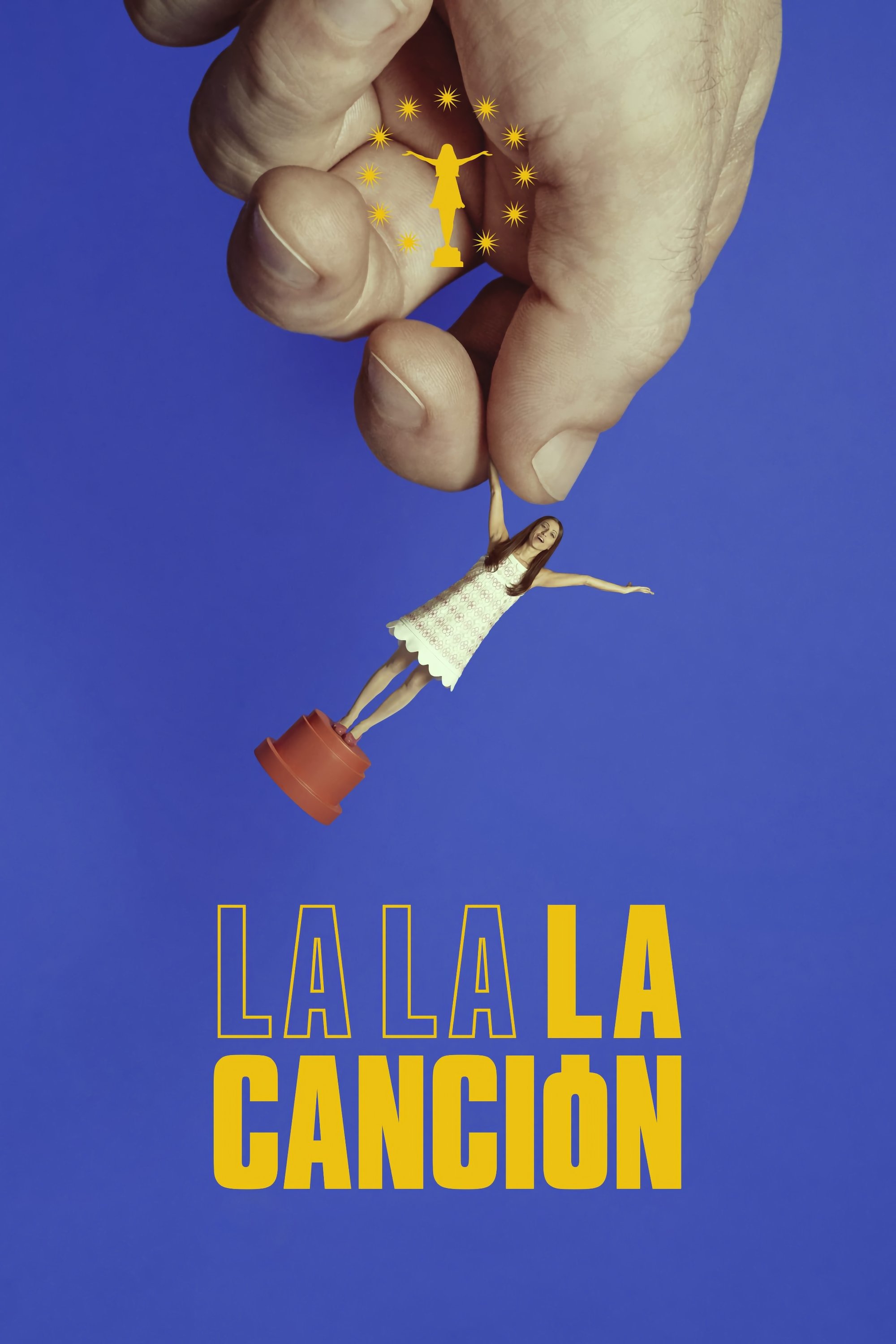
Spain, 1968, an ambitious television executive is tasked with winning the Eurovision Song Contest. Massiel's catchy "La La La" triumphs with an iconic performance. This is the story behind that unexpected victory.
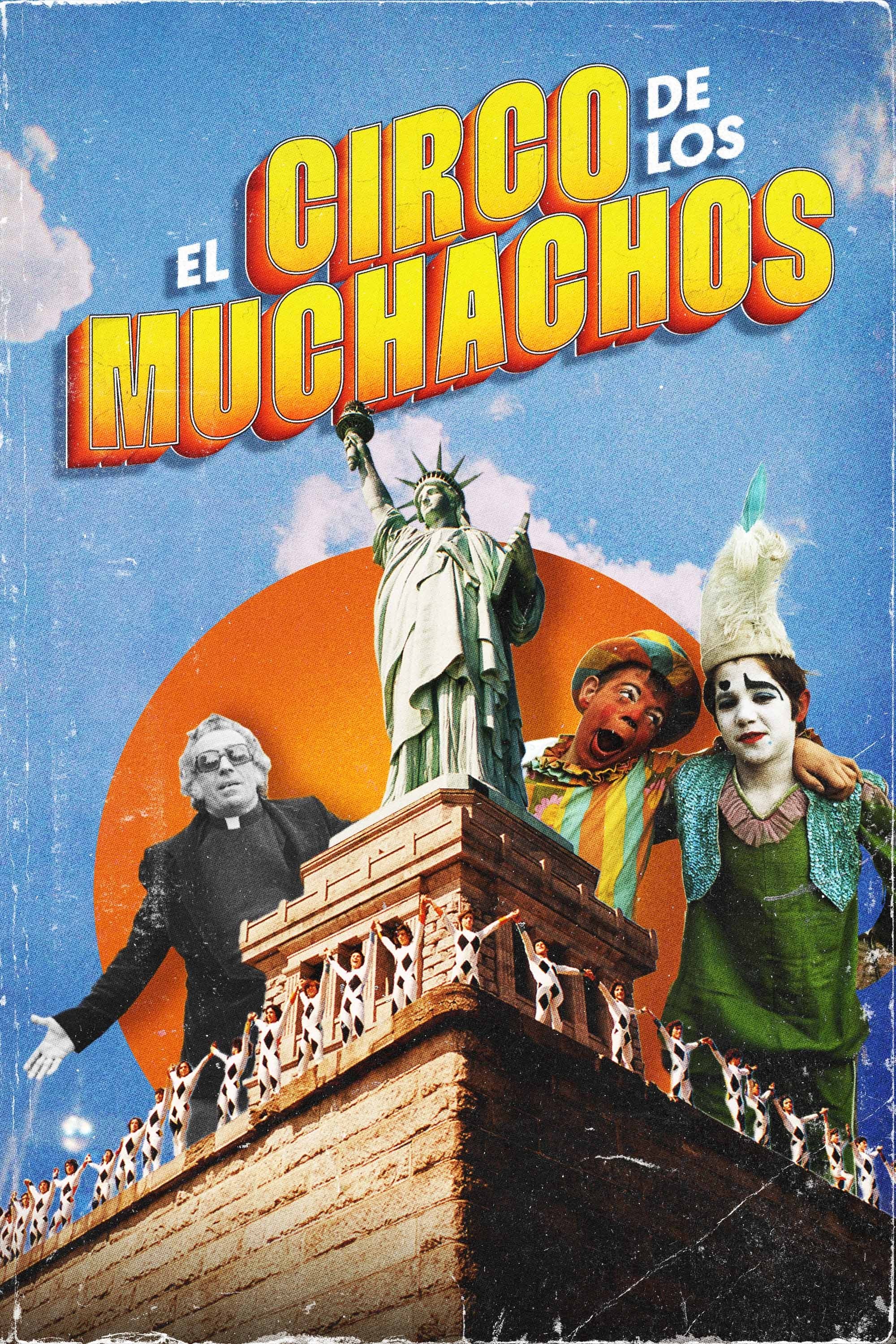
In the 1970s, in the midst of Franco's dictatorship, a Spanish circus astonished the world: the Circo de los Muchachos, which was the visible face of Benposta, a children's republic run by Father Silva: the story of the rise and fall of one of the most unique utopias of the 20th century.
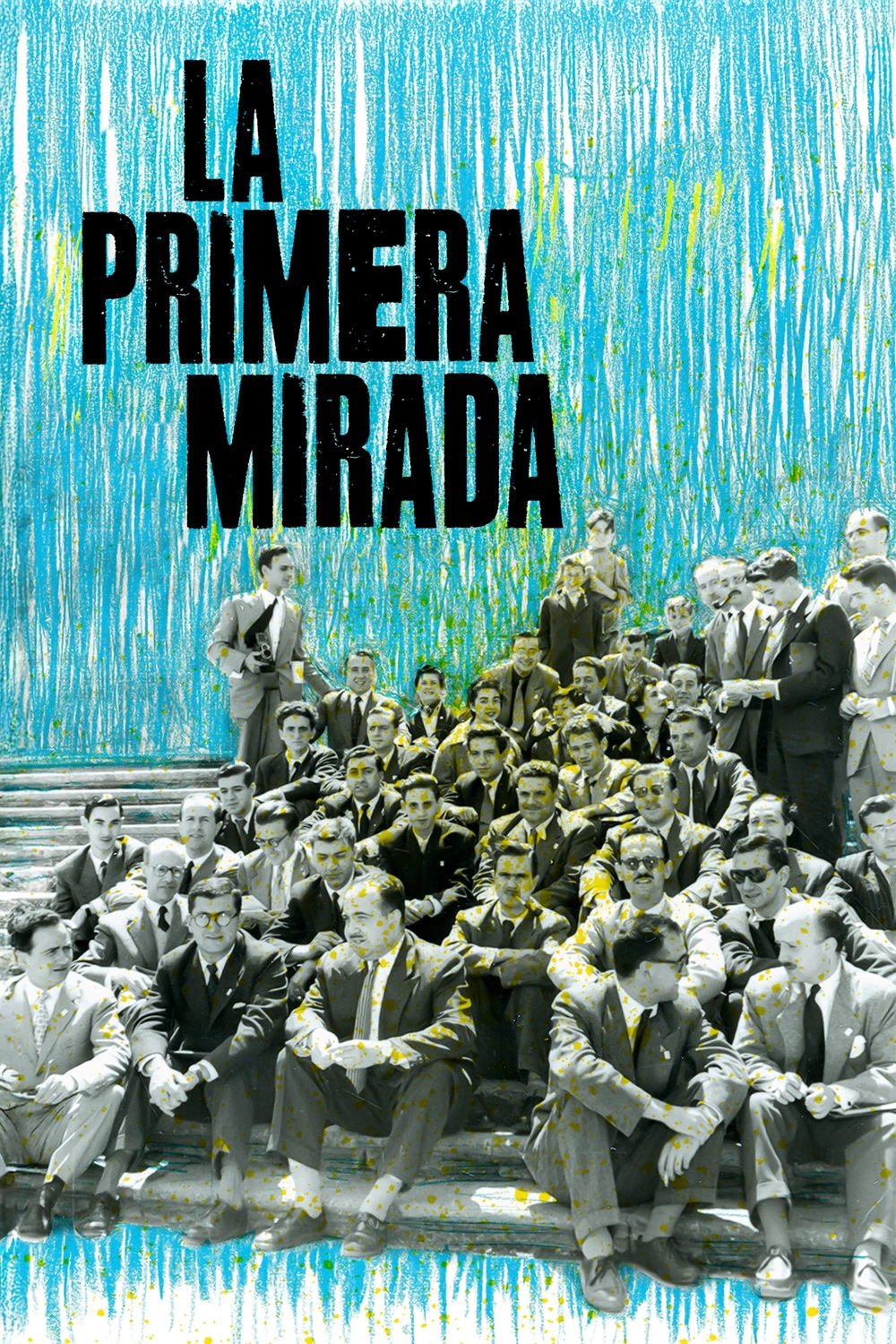
In Spain, a poor country ruined by the recent Civil War (1936-39), and in the midst of Franco's dictatorship, a film school was created in Madrid in 1947, which became, almost unintentionally, a space of freedom and pure experimentation until its closure in 1976.
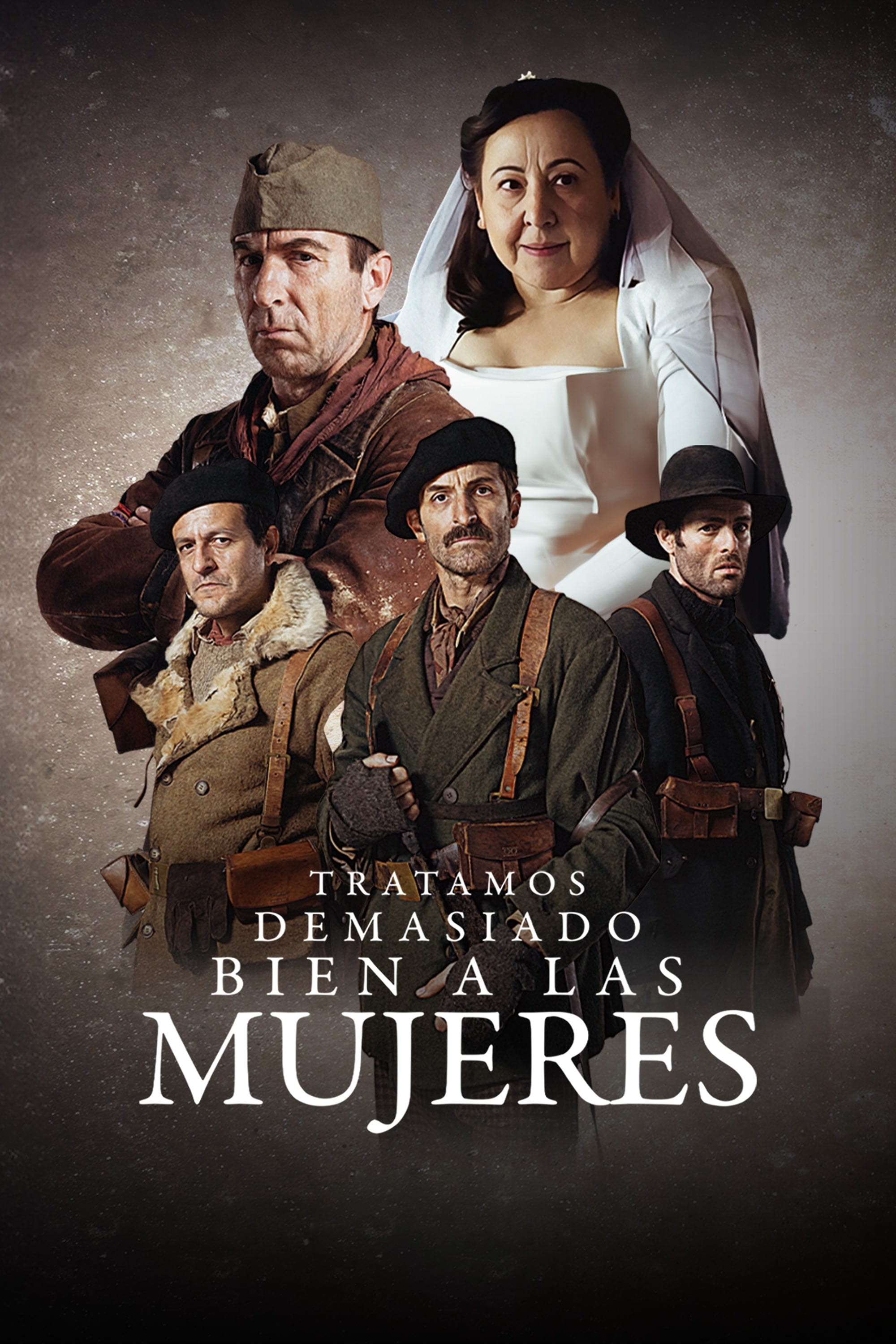
Remedios Buendía defends her homeland and will fight for it. This fateful day of 1945, a group of maquis take the post where she tries on her wedding dress. She will show how far she can go defending her values.
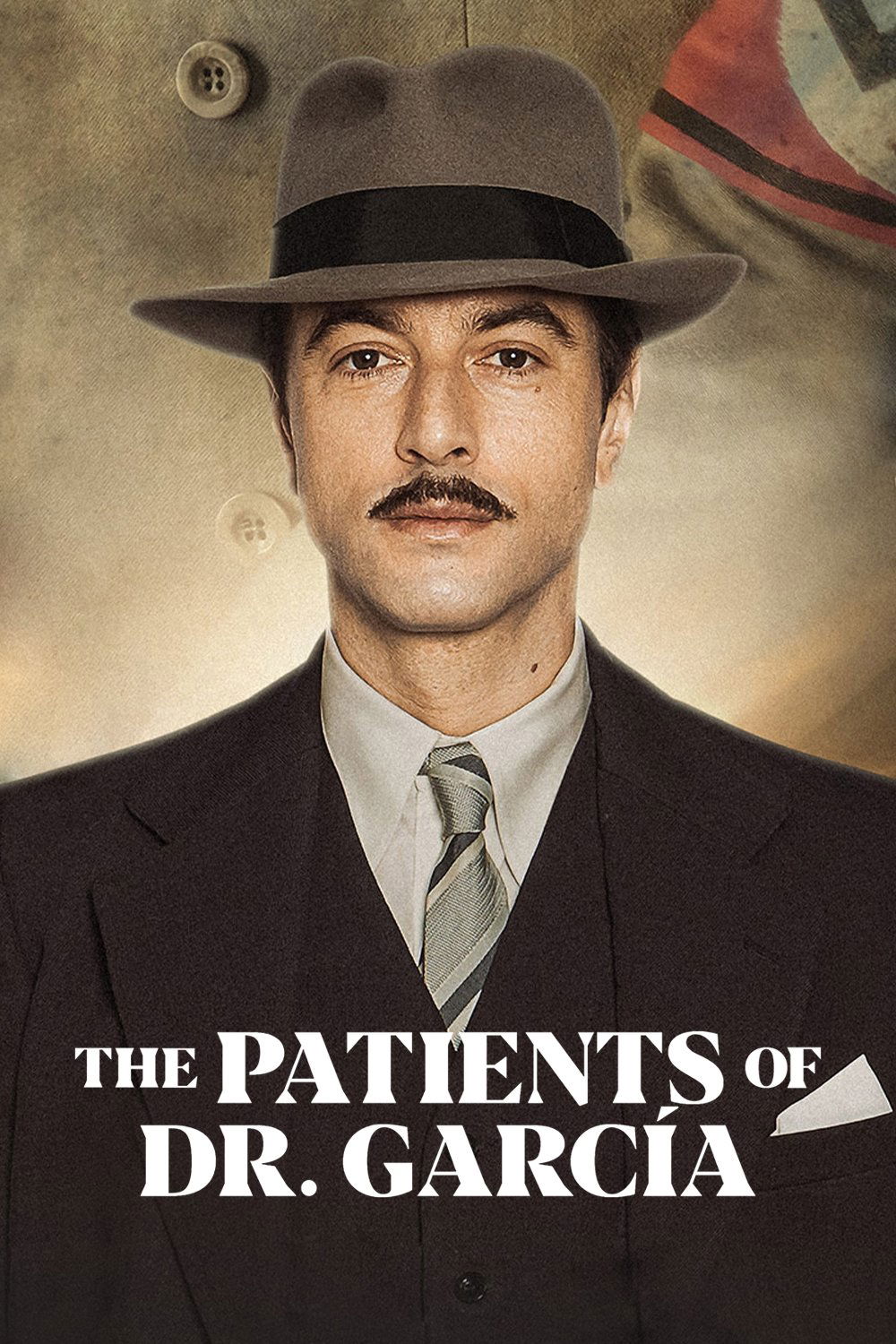
In 1936 Madrid, an idealistic doctor's life changes forever when he shelters a wounded spy and joins a decades-long fight against the spread of fascism.
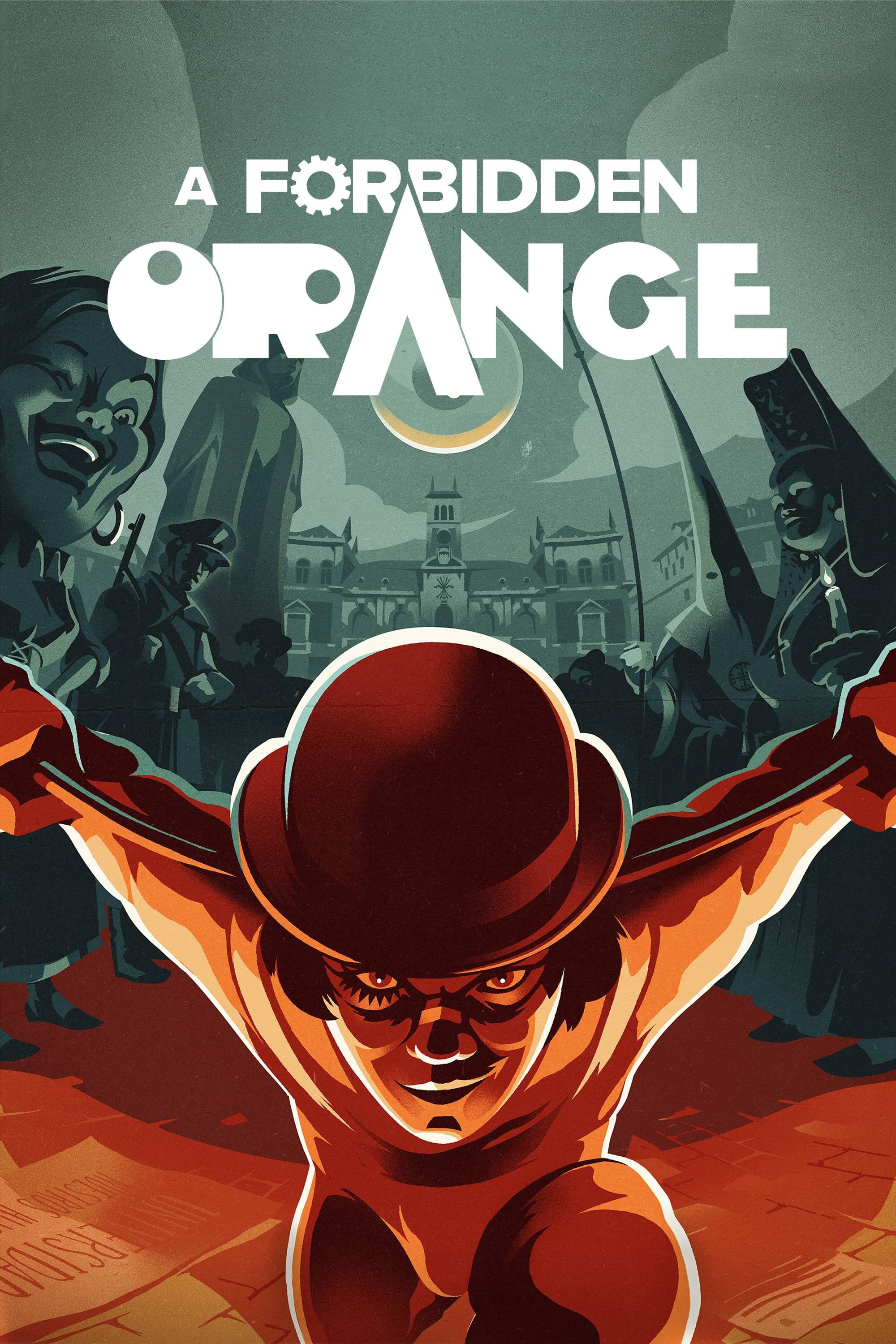
Spain, 1970s. A Clockwork Orange, a film considered by critics and audiences as one of the best works in the history of cinema, directed by Stanley Kubrick and released in 1971, was banned by the strict Franco government. However, the film was finally premiered, without going through censorship, during the 20th edition of the Seminci, the Valladolid Film Festival, on April 24, 1975. How was this possible?
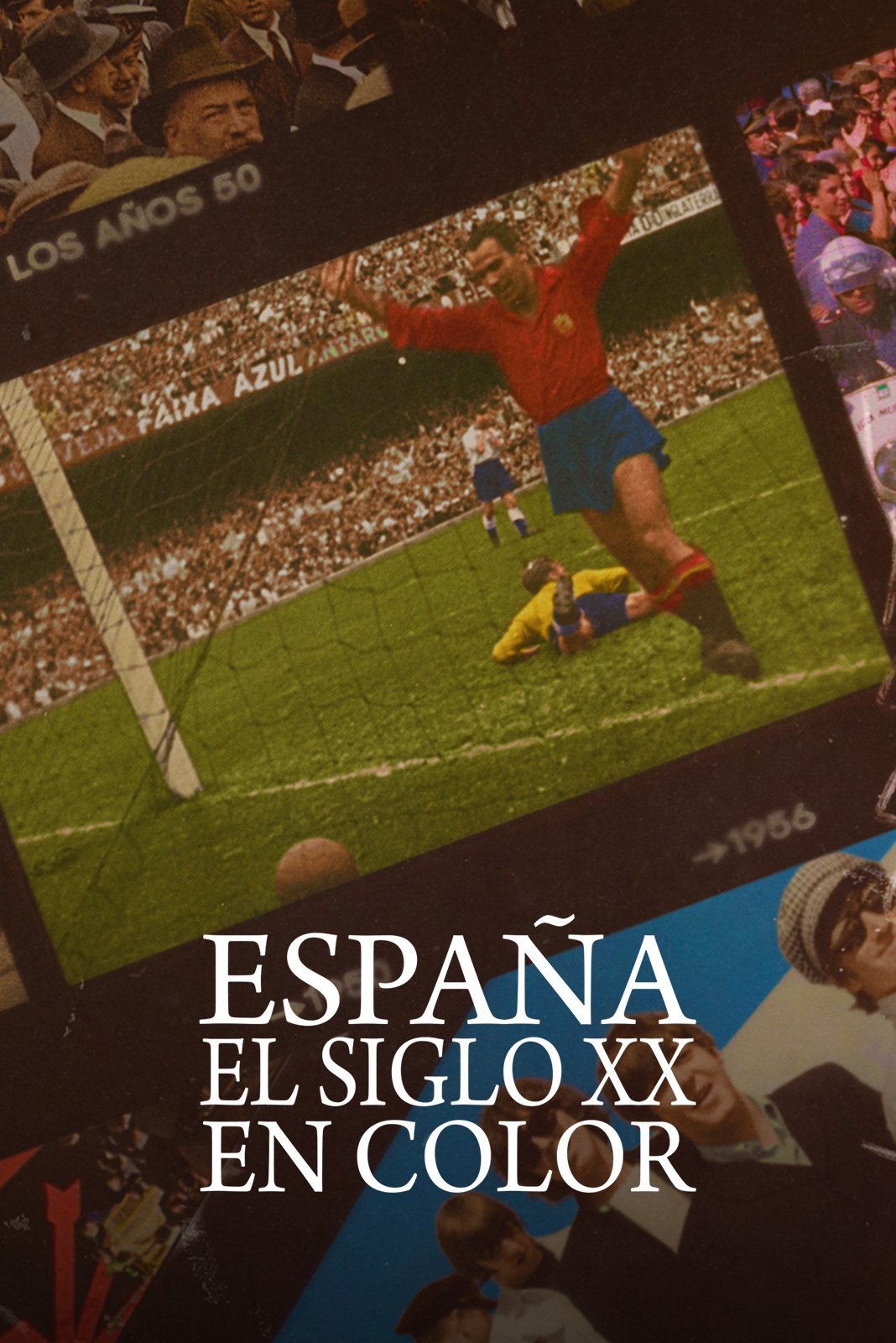

Waffen-SS officer Otto Skorzeny (1908-75) became famous for his participation in daring military actions during World War II. In 1947 he was judged and imprisoned, but he escaped less than a year later and found a safe haven in Spain, ruled with an iron hand by General Francisco Franco. What did he do during the many years he spent there?
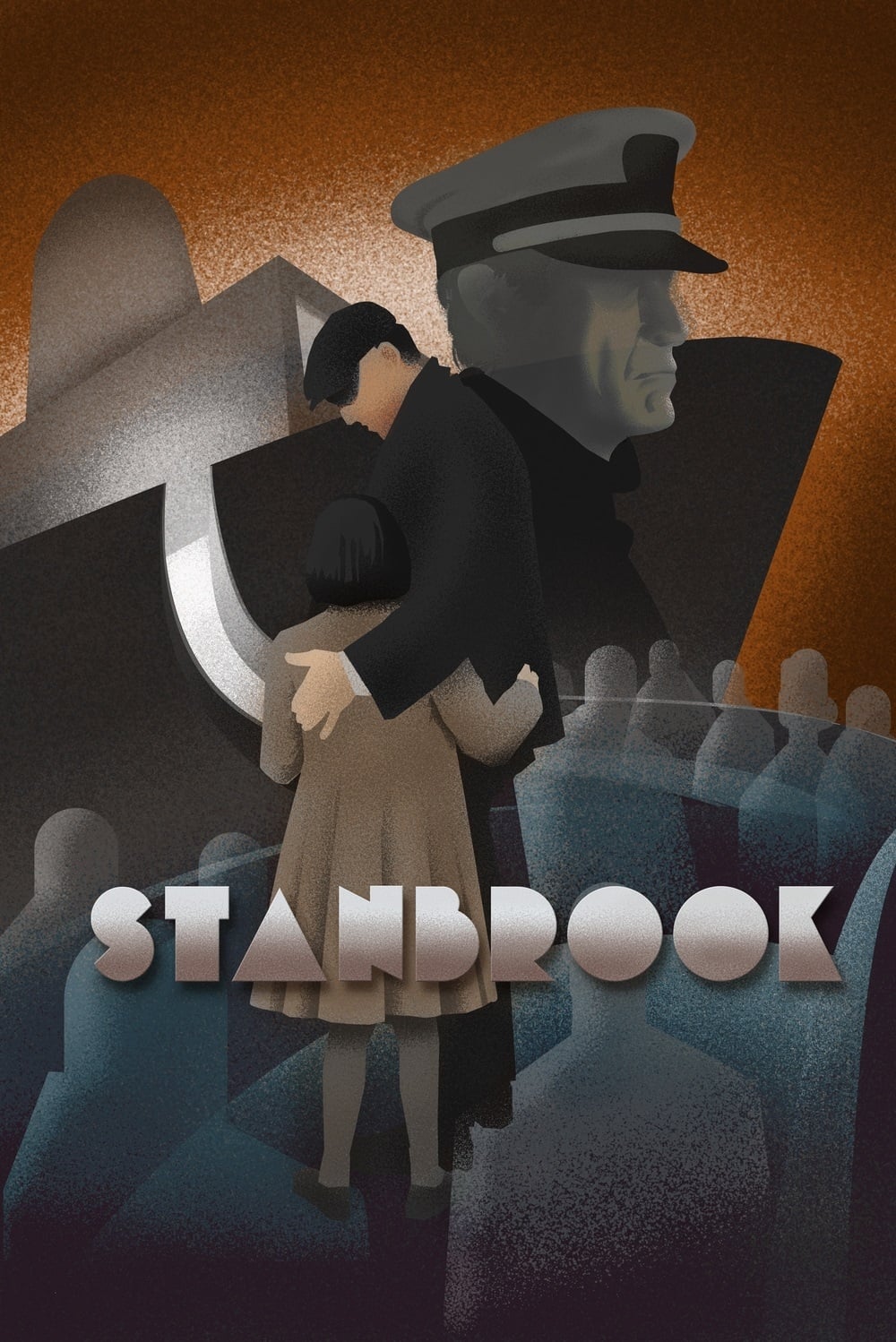
Spain, March 1939. The war is dying down. At the Port of Alicante thousands of people are piling, waiting for the arrival of ships that will carry them to exile. Moored, the freighter Stanbrook is witnessing the desperation.
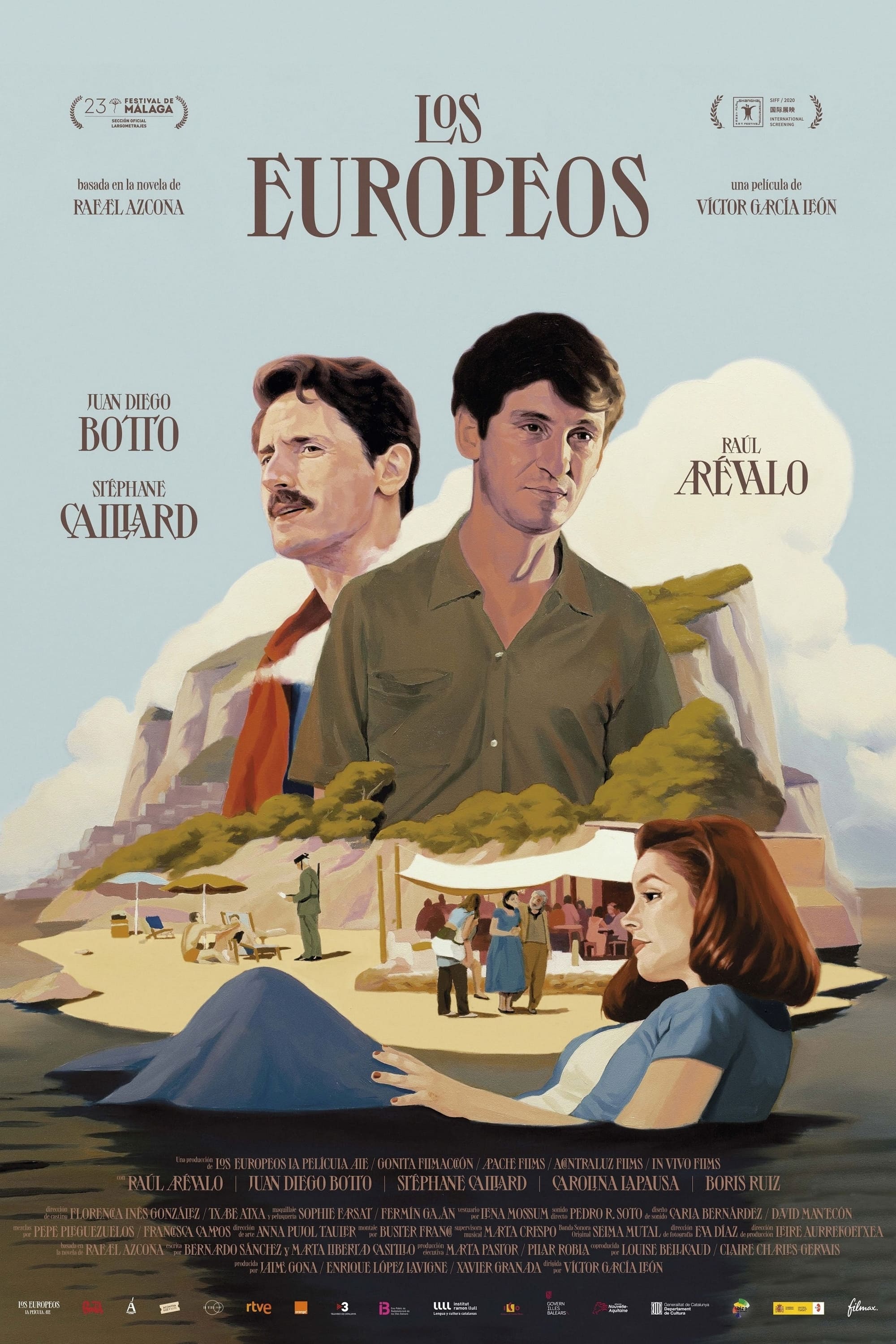
Spain at the end of the 50s. Miguel and Antonio, both single and in their early 30s, go on a trip to Ibiza, lured by the European sexual myth and the illusion of freedom. But on the island, nothing will be as they expected.
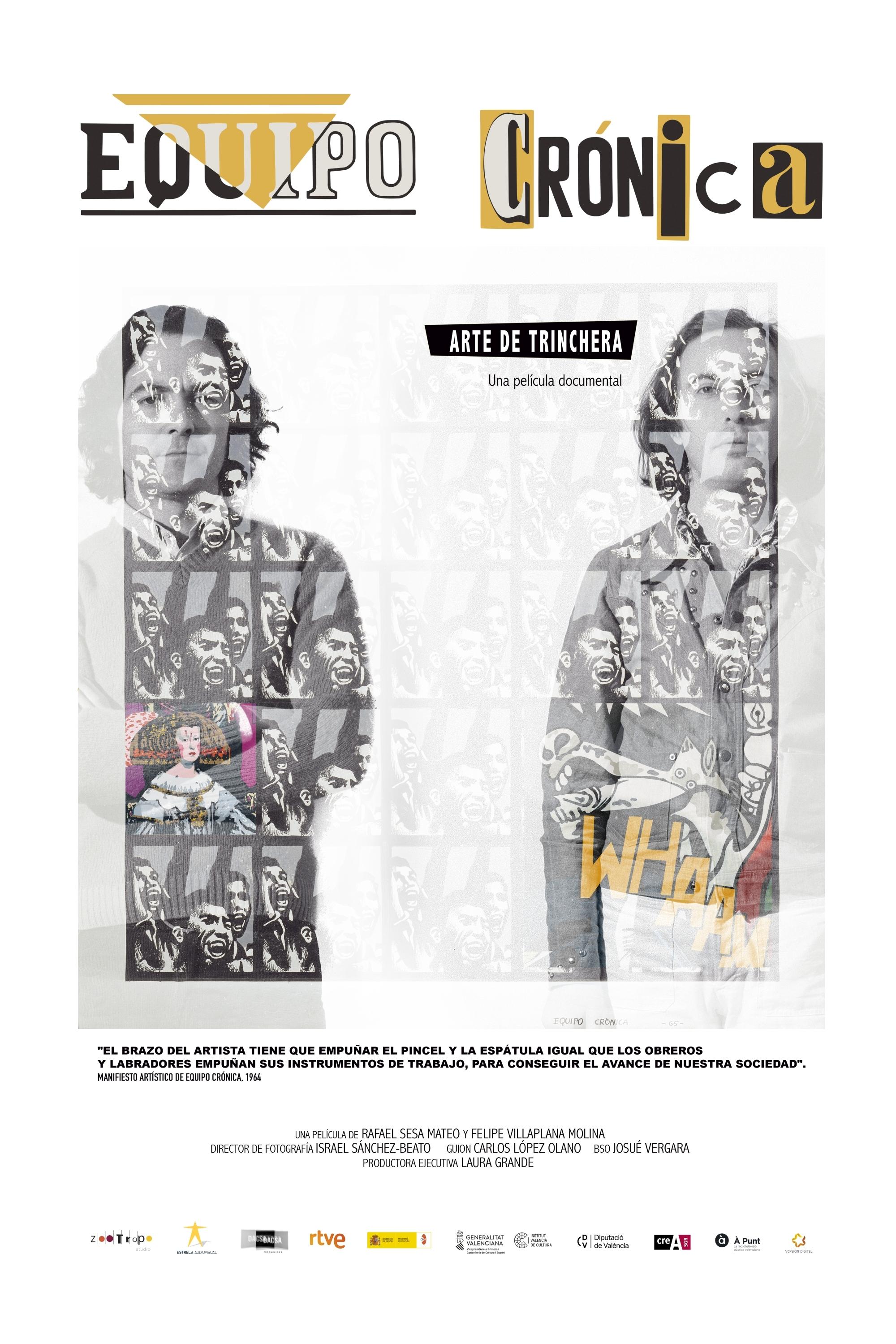
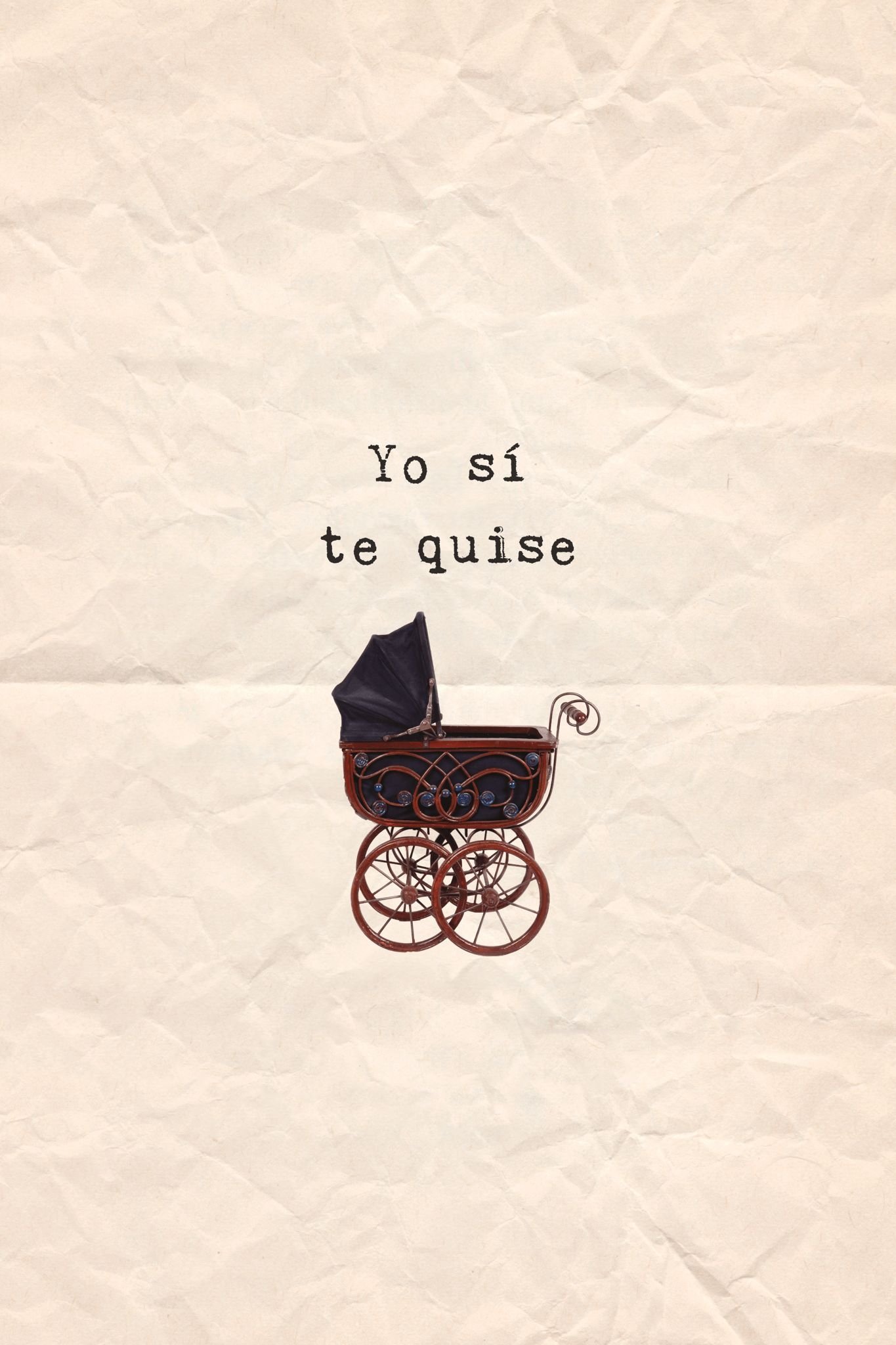
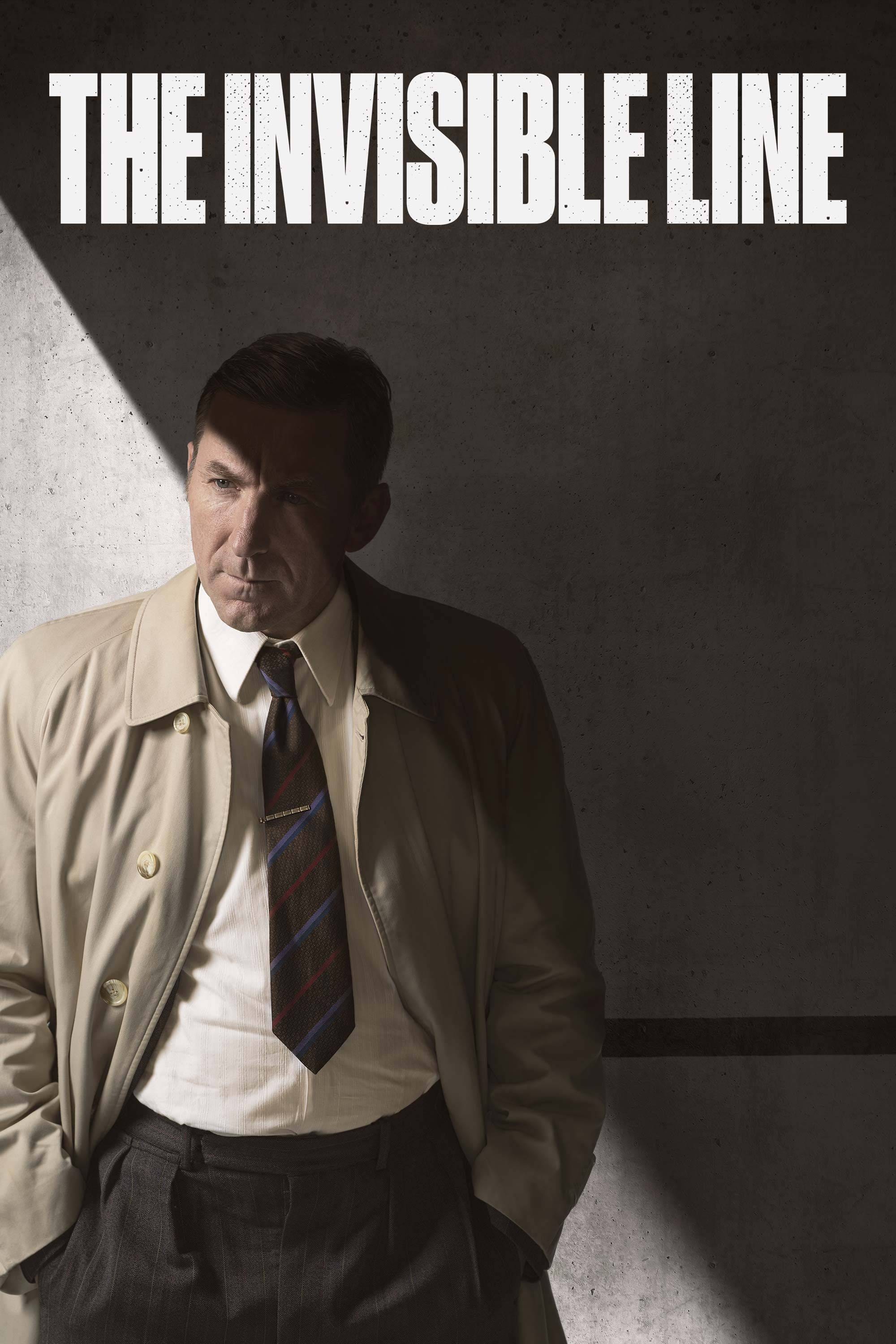
The birth of the Basque terrorist gang ETA and its first attack, of which José Antonio Pardines, a Guardia Civil traffic officer, was the victim.
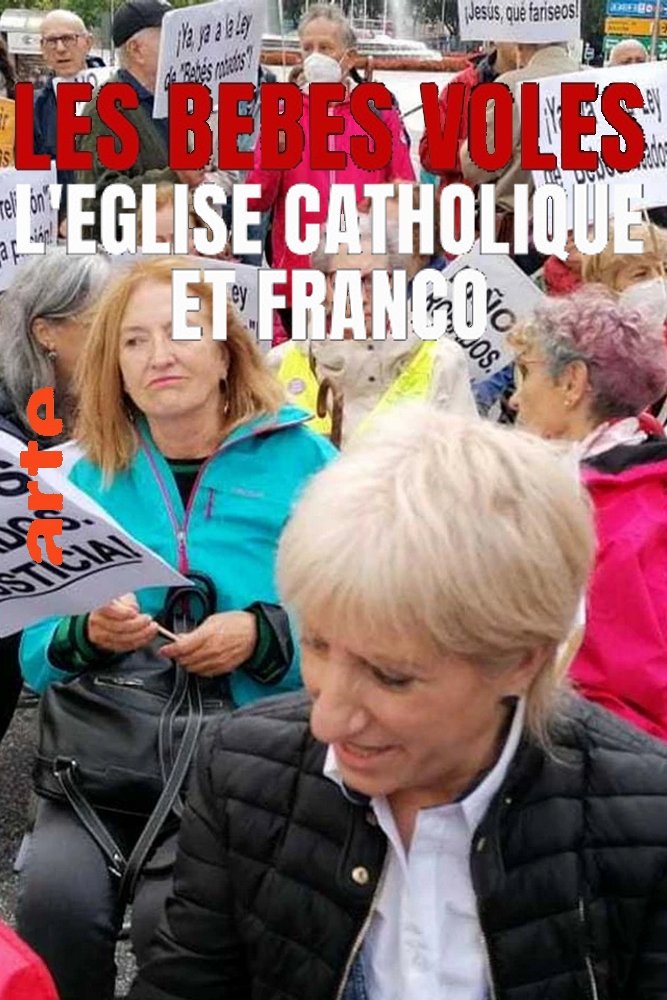
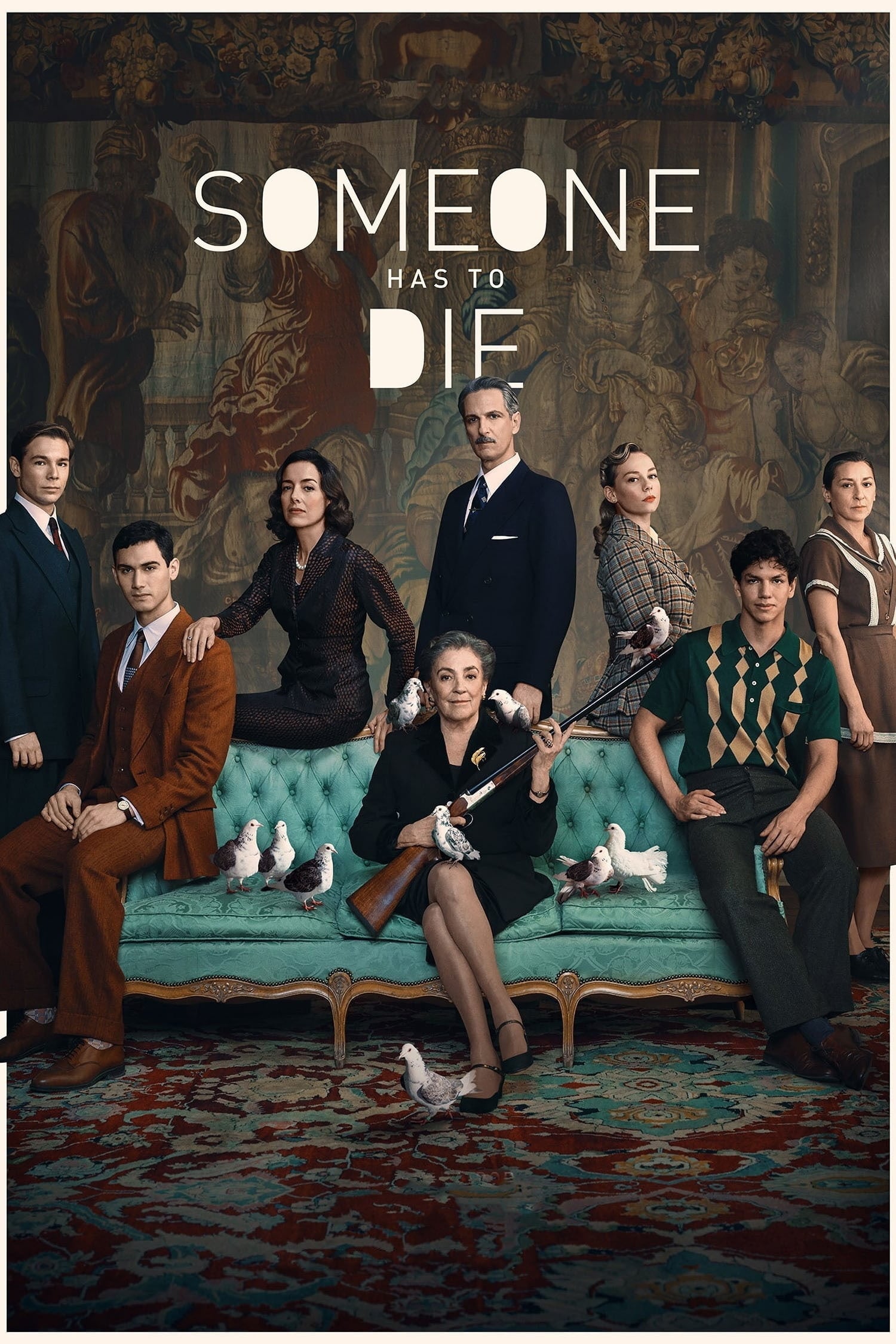
In 1950s Spain, a couple summon their son home from Mexico to introduce him to his fiancée, but are shocked when he returns with a ballerino.
The theatre as a courtroom, the courtroom as a theatre. Alejo Moguillansky’s film draws loosely on Raúl Quirós Molina’s El pan y la sal (The Bread and the Salt), a 2015 verbatim theatre piece compiled from the testimonies provided during the 2012 trial of Judge Baltasar Garzon, for investigating the forced disappearances of the Spanish Civil War and the Franco regime. Juxtaposing the testimonies of the relatives of those who lost loved ones with references to Argentina’s and Chile’s recent dictatorships, this film explores issues around international law and forced disappearance - tracing a line between Francisco Franco, Augusto Pinochet and Jorge Videla’s Military Junta: Garzón has investigated Argentine torturers and criminal perpetrators and had Pinochet arrested in London in 1998 for crimes against humanity.
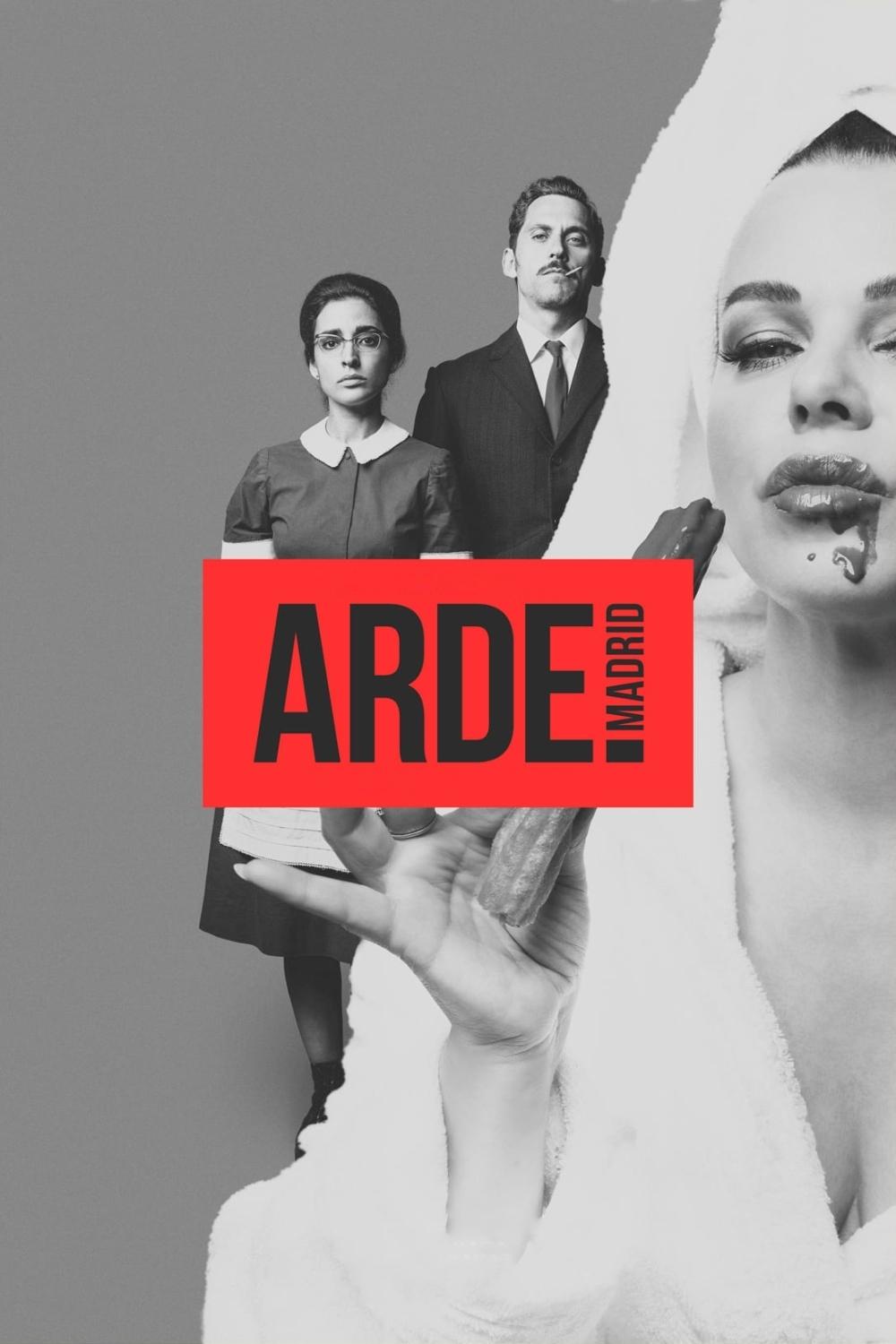
Madrid, 1961. Ana Mari is single, lame, Francoist and instructor of the Sección Femenina. By order of the dictator Franco, she must go to work as a maid to Ava Gardner's house and spy on her, pretending to be married to Manolo, a hustler who will become the driver of the American actress.
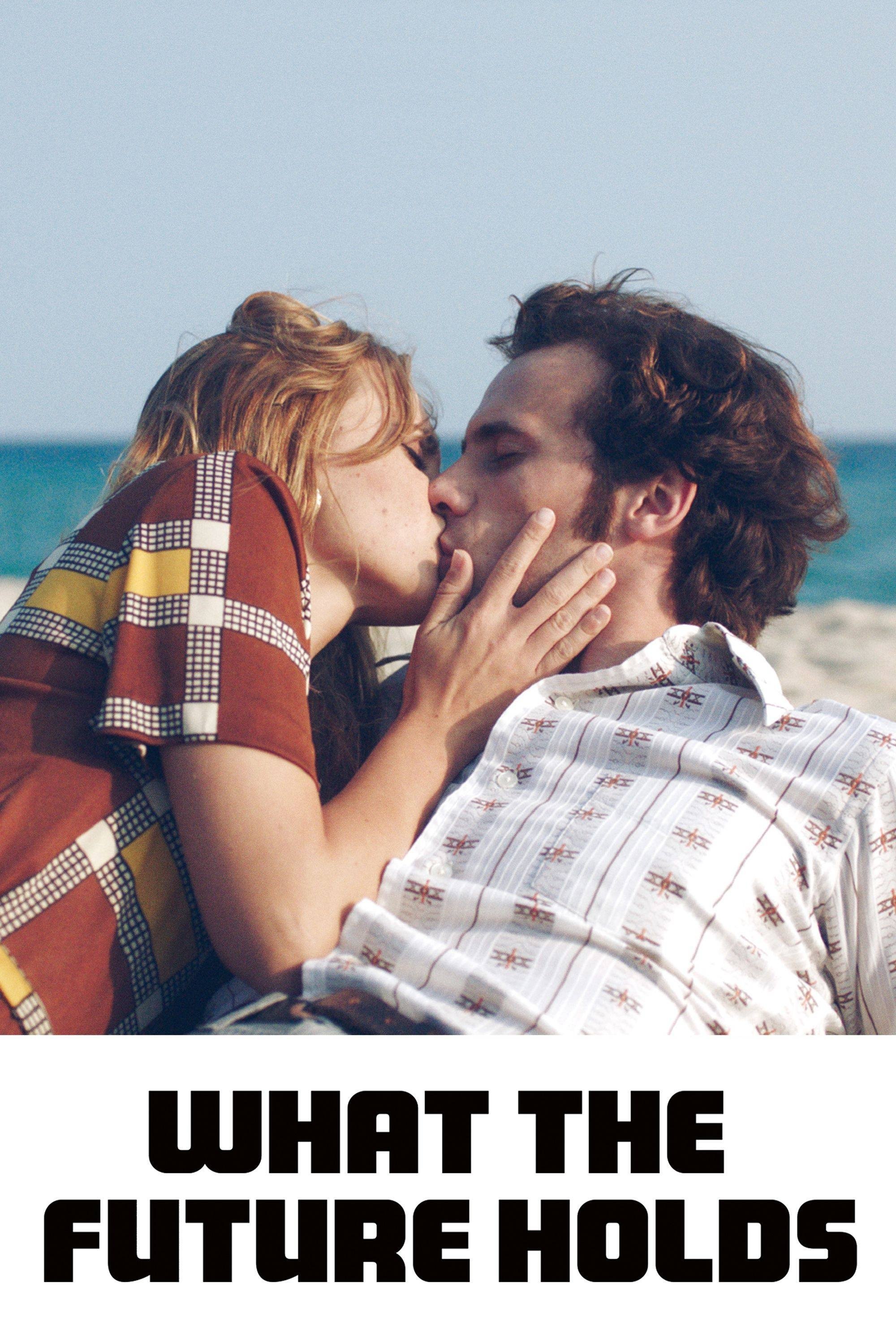
In 1966, Justo Gil arrives in Barcelona as a migrant with the purpose of gaining enough money to give his sick mother the best care. His great charisma allows him to socialize with the youngsters of the upper-class, until an unexpected turn of events makes him become an informer of the political police, in order to pursue communist cells.
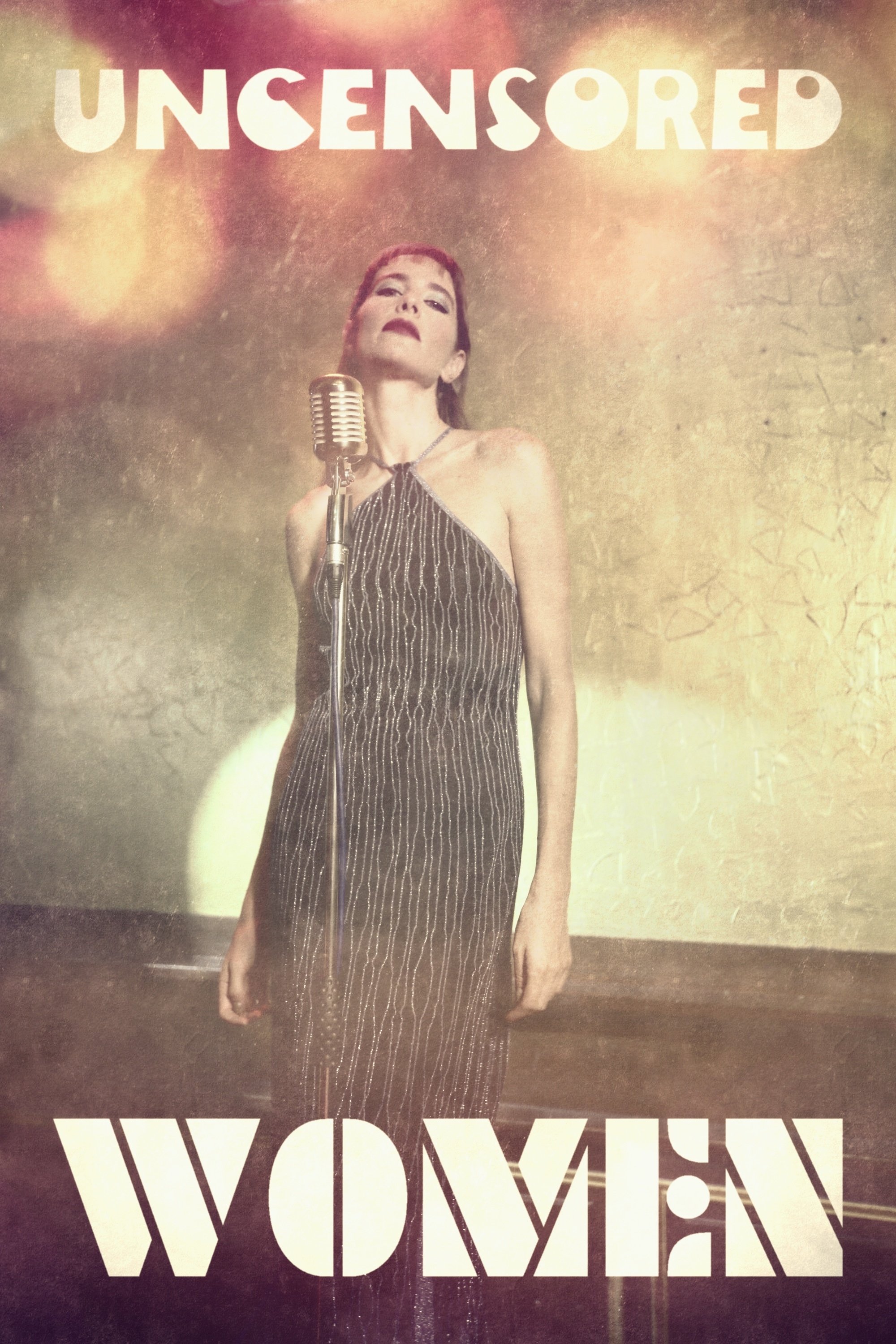
The story of a group of actresses who, in the Spain of the seventies, and in the midst of the democratic Transition, decided to appear nude in the films of that time of radical political change, defying the rigid and deeply rooted social rules.
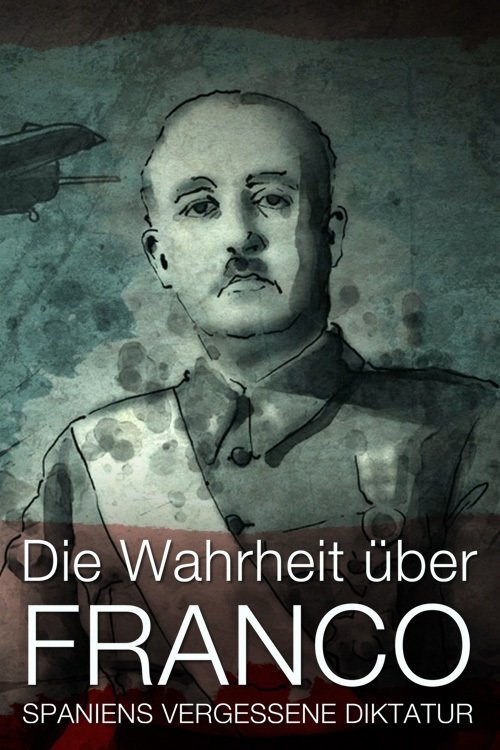
Using extensive research, this five-part docuseries takes a comprehensive look at Francisco Franco's turbulent, decades-long regime.
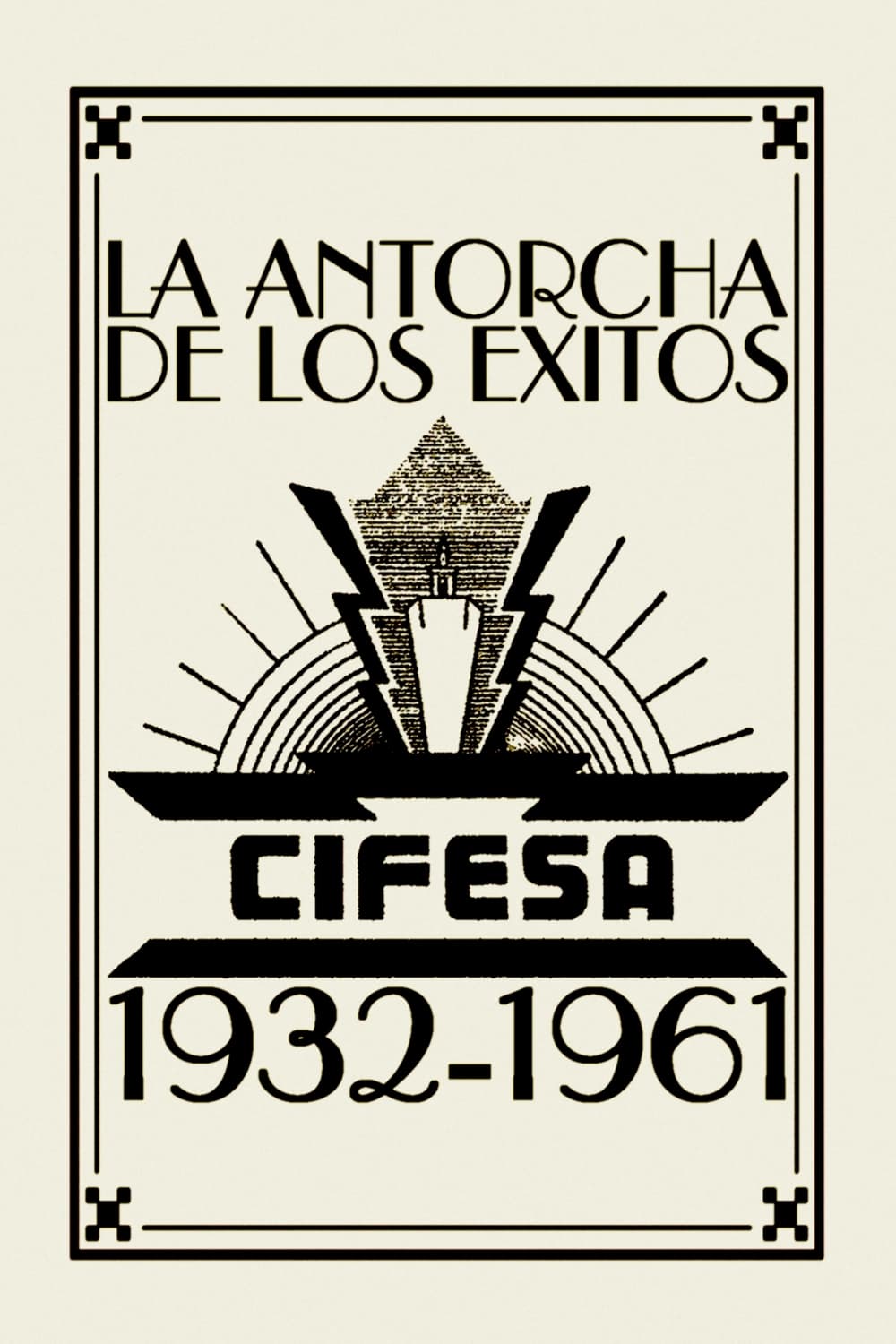
The amazing story of Cifesa, a mythical film production company founded in Valencia by the Casanova family that managed to dominate the box office during the turbulent times of the Second Spanish Republic, the carnage of the Civil War and the hardships of the long post-war period and Franco's dictatorship — and survive until the sixties, when Spain was timidly beginning to change.
By browsing this website, you accept our cookies policy.